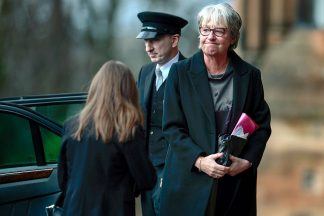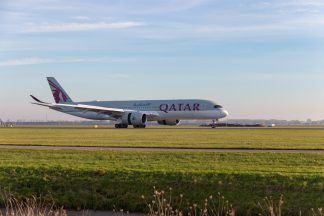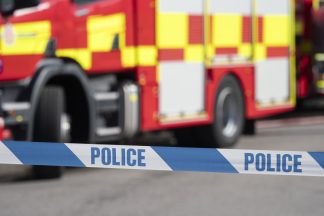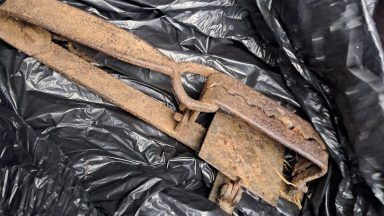More than 1,000 people in Scotland died last year due to drug misuse, with opioids and benzodiazepines primarily responsible for wrecking lives across the country.
Drug-related deaths remain the highest in the UK, despite falling to their lowest level since 2017, and each one has a devastating impact on loved ones left behind.
The scourge of drugs also leaves a trail of destruction in local communities and heightens anxiety among those caring for people fighting addiction.
STV News has been speaking to some of those affected by Scotland’s enduring drugs crisis.
‘Most nights I would go to bed not knowing if I am going to have that phone call’
Beauty therapist Helen Mulloy Reid’s relative has struggled with poly drug use for 20 years.
The North Berwick business owner recalls how her relative began smoking cannabis as a teenager and progressed to class A drugs in a bid to deal with his mental health issues.
“Most nights I would go to bed not knowing if I am going to have that phone call, and that is a very real problem,” she told STV News.
“A lot of people that misuse or overuse drugs or alcohol are kind of masking their problems – their issues, illnesses, numbing out whatever pain, trauma and upset they’re feeling. They’re not really dealing with it face on.
“We subsequently found out that my family member has extreme anxiety and quite serious mental health issues but the drug usage was masking that. By the time it became really problematic, and affecting his life and everyone else’s to a really serious degree.”
Death rates were almost 16 times higher in the most deprived parts of the country, at 52.4 per 100,000 people, compared to 3,3 per 100,000 in the most affluent areas.
But Helen, who lives in East Lothian, says people need to realise the drug problem is everywhere and not just estates and deprived areas.
She is also calling for more investment into support services for people battling drug addiction, including better pay for NHS workers.
“I feel they need even more investment and support than ever and for families who have lost loved ones who haven’t had the care and support they need,” she said. “It really does need addressing, and not just government sound bites that sound great but in reality are undeliverable.
“There’s also a lot of stigma, shame and judgement around misuse of drugs and alcohol, and a lack of tolerance, a lack of understanding, and people feel uncomfortable.
“If this family member had another medical issue – diabetes, high blood pressure, cancer, there’s a lot of empathy, natural empathy, warmth and understanding. But with this subject matter, a lot of people don’t understand it and they distance themselves.
“You can feel isolated yourself even though it’s not your personal usage.”
‘There’s a pandemic with crack cocaine in Greenock’
William Carter is the head of outreach and team leader for the charity Teen Challenge, which is based in Inverclyde.
Greenock is the largest town in the local authority area and many people living there have described a shift in chaotic drug use.
Whereas once it was heroin that was prevalent, it is now crack cocaine that dominates the local drugs scene.
Opiates and opioids, including heroin, morphine and methadone, were implicated in 82% of Scottish drug deaths in 2022, according to data published by the National Records of Scotland.
The latest statistics also show Inverclyde is closely behind Glasgow and Dundee in recorded drug deaths.
In a year they increased from 16 to 29.
“Crack cocaine has hit Greenock like a tsunami over the past two years and the place is awash with crack cocaine,” said William. “Poly drug use is very common and it makes our job very challenging.
“I know people that their benefits come through and they are at the cash machine at midnight, 1am in the morning and their month’s money is done by 7am or 8am in the morning. They just sit and smoke crack all night.
“It is taking people to a different level. A lot of people we see are not really abusing heroin as much, its more crack cocaine now, high doses of methadone, crack cocaine, street valium and mixing it with alcohol as well. You just need to look at the statistics for Inverclyde, it’s frightening.
“Generations after generations of families have just been devastated by drug addiction. A lot of people in the Inverclyde area are isolated and that comes hand in hand with addiction, isolation, and loneliness.”
William is himself in recovery. He was trapped in a cycle of addiction for 17 years and spent half his life in prison.
When homeless, he secured a residential rehab place at the Haven, where he now works and has been able to turn his life around.
During his outreach work, he often found himself supporting those with whom he used to take drugs.
He said: “The other night after recovery meeting I did get quite a shock. I was walking into Tesco around 9pm at night and saw a lassie outside begging and she was on street valium, and she was slumped over, it was good that the ambulance came quite quick.
“That is the reality that we are facing here, that you walk outside Tesco and there is someone lying overdosed, and the thing is people were just walking by. Two women did stop and did help us, so we got her the medical treatment she needed.“
Teen Challenge is joining with other organisations in Inverclyde to hold a candlelit vigil on September 3 in Greenock’s Clyde Square to remember those lost to drugs.
‘My dad took drugs and I was exposed to really traumatic things’
Chelsea Cameron’s dad, Alec, started drugs as a teenager. It led to a lifetime of addiction before he died in April last year.
Chelsea has now vowed to dedicate her life to helping others affected by drugs.
“He had a really good family and upbringing and I think choices as a young man led him on to that path unfortunately,” she told STV News.
“I have really fond memories of birthdays and Christmases and going out to the park but definitely exposed to really traumatic things that you would hope that children wouldn’t see.
“A lot of criminality in the family home and I guess seeing a lot of things that were chaotic and stressful, especially as a child.
“I guess I feel quite lucky to have escaped that way of life,” she told STV News. “I feel I have a responsibility to make a contribution back to that.
“But also to have seen the struggles that both my parents have faced due to addiction, I want other people to treat them life human beings.
“I think people feel very far removed from these issues but actually it can happen to anyone.”
Chelsea’s dad is one of 1,051 people to die from drugs in Scotland in 2022, a decrease of 279 from the previous year and the lowest since 2017.
But it’s still almost four times higher than two decades ago.
Dundee (43.1 per 100,000) and Glasgow (44.4 per 100,000) continue to have the highest rates of drug deaths, while Aberdeenshire has one of the lowest. (11.1 per 100,000)
“It’s really easy to see statistics or to see issues as political or even try and criminalise things,” she said. “But actually, they’re really personal. These are people’s loved ones and families and real life issues that people are facing every day.
“I think people feel sometimes very far removed from these issues. But actually, it can happen to anyone. And people sadly will always be affected by that, whether that’s a son or a parent or a sibling affected by addiction, it is so close to home.”
Follow STV News on WhatsApp
Scan the QR code on your mobile device for all the latest news from around the country


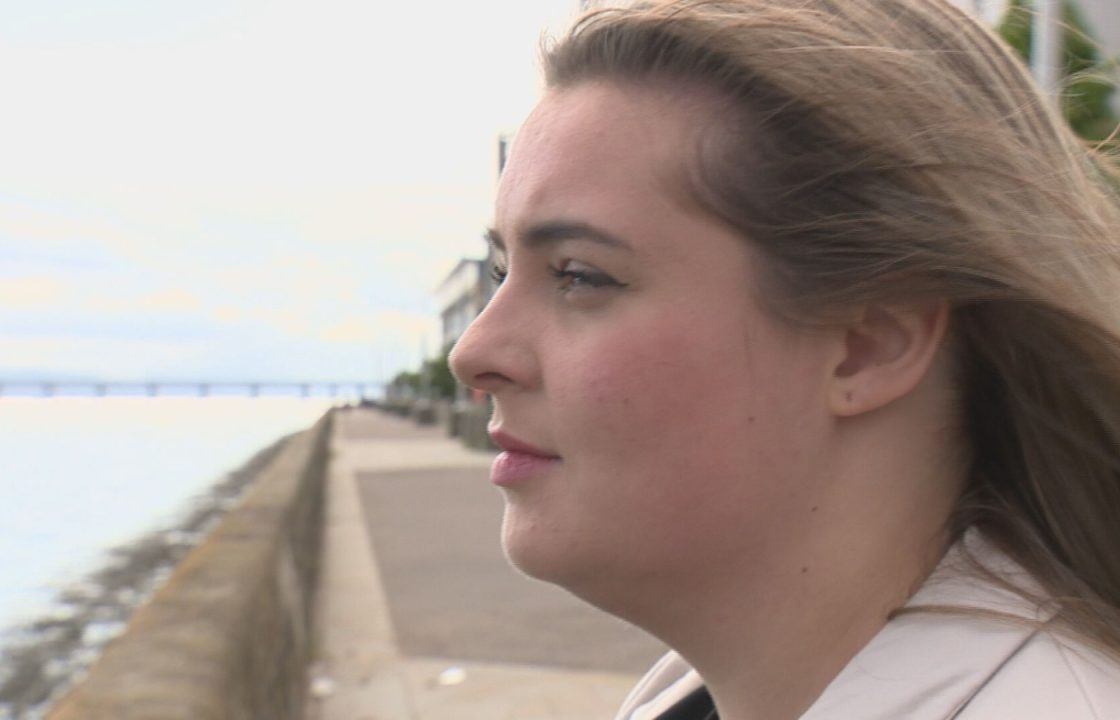 STV News
STV News



